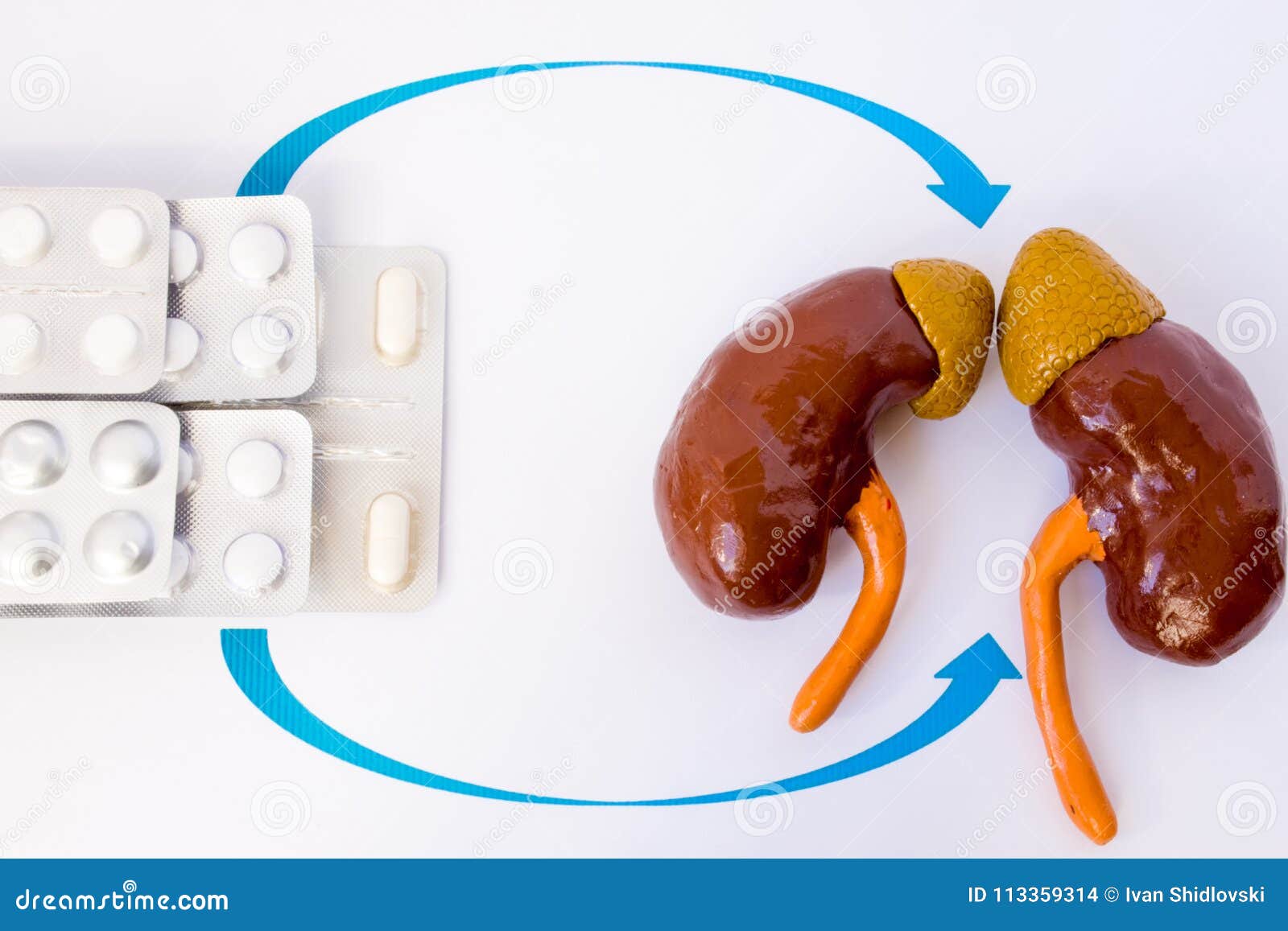Hormone Therapy for Kidney Disease

What is Hormone Therapy?
Hormone therapy is a medical treatment that involves the use of hormones to correct imbalances in the body. Hormones are chemical messengers that regulate a variety of bodily functions, including metabolism, growth and development, and mood. When the body produces too much or too little of a certain hormone, it can lead to a range of health problems.
How Does Hormone Therapy Work?
Hormone therapy works by supplementing the body with the hormones it needs to function properly. Hormones can be administered in a variety of ways, including injections, pills, patches, and gels. The type of hormone therapy used will depend on the specific hormonal imbalance being treated.
What Are the Benefits of Hormone Therapy for Kidney Disease?
Hormone therapy can offer a range of benefits for people with kidney disease, including:
- Improved energy levels
- Reduced fatigue
- Improved sleep quality
- Reduced risk of bone fractures
- Improved mood
- Reduced risk of cardiovascular disease
Types of Hormone Therapy for Kidney Disease
There are several different types of hormone therapy that may be used to treat kidney disease, including:
Erythropoietin Therapy
Erythropoietin therapy is used to treat anemia that is caused by kidney disease. Erythropoietin is a hormone that stimulates the production of red blood cells, which can help to alleviate fatigue and improve energy levels.
Vitamin D Therapy
Vitamin D therapy is used to treat vitamin D deficiency that is caused by kidney disease. Vitamin D is important for bone health, and deficiency can increase the risk of bone fractures and other health problems.
Calcimimetic Therapy
Calcimimetic therapy is used to treat hyperparathyroidism that is caused by kidney disease. Hyperparathyroidism is a condition in which the parathyroid glands produce too much parathyroid hormone, which can lead to a range of health problems.
Pros and Cons of Hormone Therapy for Kidney Disease
Pros:
- Can improve energy levels and reduce fatigue
- Can improve sleep quality
- Can reduce risk of bone fractures
- Can improve mood
- Can reduce risk of cardiovascular disease
Cons:
- May have side effects, such as nausea, headaches, and muscle cramps
- May increase risk of blood clots and stroke
- May interact with other medications
- May be expensive
Conclusion
Hormone therapy can be an effective treatment option for people with kidney disease. By correcting hormonal imbalances in the body, hormone therapy can improve energy levels, sleep quality, and overall health and well-being. However, like any medical treatment, hormone therapy has its pros and cons, and it is important to discuss the risks and benefits with your healthcare provider before starting treatment.
FAQ
1. Is hormone therapy safe for people with kidney disease?
While hormone therapy can be an effective treatment option for people with kidney disease, it may not be appropriate for everyone. Your healthcare provider can help you determine if hormone therapy is safe and appropriate for you.
2. How long does hormone therapy for kidney disease last?
The length of hormone therapy for kidney disease will depend on the specific hormonal imbalance being treated and the individual's response to treatment. Some people may need to take hormone therapy for a few months, while others may need to take it for several years.
3. Are there any lifestyle changes that can help to improve hormonal imbalances in kidney disease?
Yes, making healthy lifestyle changes such as eating a balanced diet, getting regular exercise, and managing stress can help to improve hormonal imbalances in kidney disease. Your healthcare provider can provide more specific recommendations based on your individual needs.
4. What are the most common side effects of hormone therapy for kidney disease?
The most common side effects of hormone therapy for kidney disease include nausea, headaches, muscle cramps, and joint pain. However, not everyone experiences these side effects, and they can often be managed with medication or other treatments.
